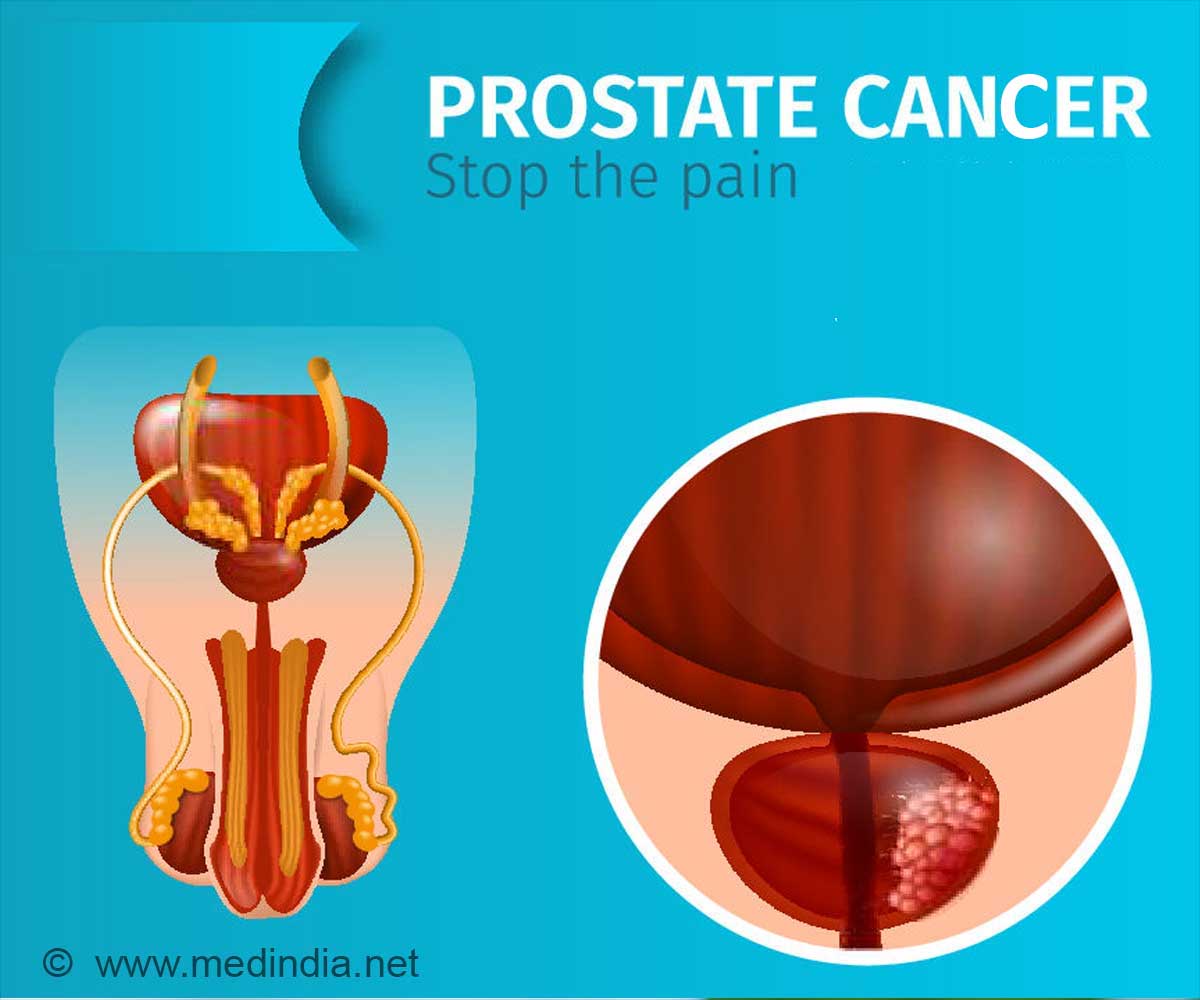
Researchers at Indiana University, Methodist Research Institute, showed the prostate formula significantly suppresses tumour growth in aggressive, hormone-refractory (androgen-independent) human prostate cancer cells.
The study also demonstrated the formula has no toxic side effects, even at high dosages.
"This study is a milestone in the research of this formula, demonstrating its safety and effectiveness in treating human prostate cancer in an animal model," said researcher and formula inventor Dr. Isaac Eliaz.
"These positive results offer a significant contribution to prostate cancer research and add to the growing body of published data substantiating the role of natural compounds in the treatment of prostate cancer."
The formula combines botanical extracts, phytonutrients, botanically-enhanced medicinal mushrooms and antioxidants.
Advertisement
"Multiple studies have demonstrated that this prostate formula is a possible treatment for hormone-refractory prostate cancer," said lead researcher, Dr. Daniel Sliva.
Advertisement
The formula also increased expression of CDKN1A, a gene that fights prostate cancer by inhibiting cancer-promoting cellular mechanisms.
By suppressing genes related to aggressive prostate cancer growth and proliferation, and increasing the expression of cancer-fighting genes, the formula demonstrates multiple anti-cancer mechanisms and genetic targets.
This pre-clinical in vivo study confirms previously published in vitro data, which showed the formula decreases the expression of PLAU/uPA genes in aggressive, hormone-independent prostate cancer cells.
Prior to this research, the formula was studied at Columbia University and the Cancer Research Laboratory, Methodist Research Institute, at Indiana University Health. These studies also showed the formula inhibits prostate cancer growth and proliferation.
The study has been published in The International Journal of Oncology.
Source-ANI






![Prostate Specific Antigen [PSA] Prostate Specific Antigen [PSA]](https://www.medindia.net/images/common/patientinfo/120_100/prostate-specific-antigen.jpg)





